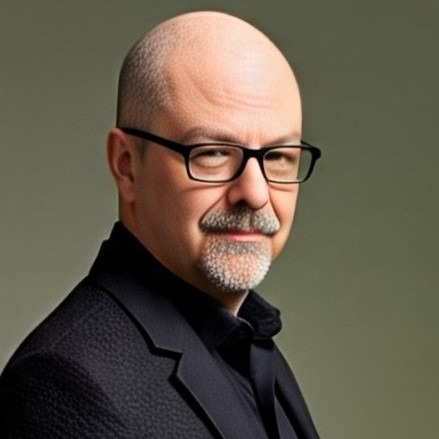A Journey in Devotion to God and Daily Meditation
Explore a new spiritual path for the hermit mystic.
Bio
Rev. Dr. Jay N. Forrest is an ordained Interfaith minister and certified meditation teacher whose spiritual ministry spans more than four decades. Rooted in contemplative depth and sacred reverence, he guides seekers into a living intimacy with the Divine through prayer, meditation, and wholehearted surrender to God. His teachings weave the wisdom of Christ and the Buddha, inviting all into the stillness where awakening, compassion, and presence converge.


Jay N. Forrest © 2025. All rights reserved.
